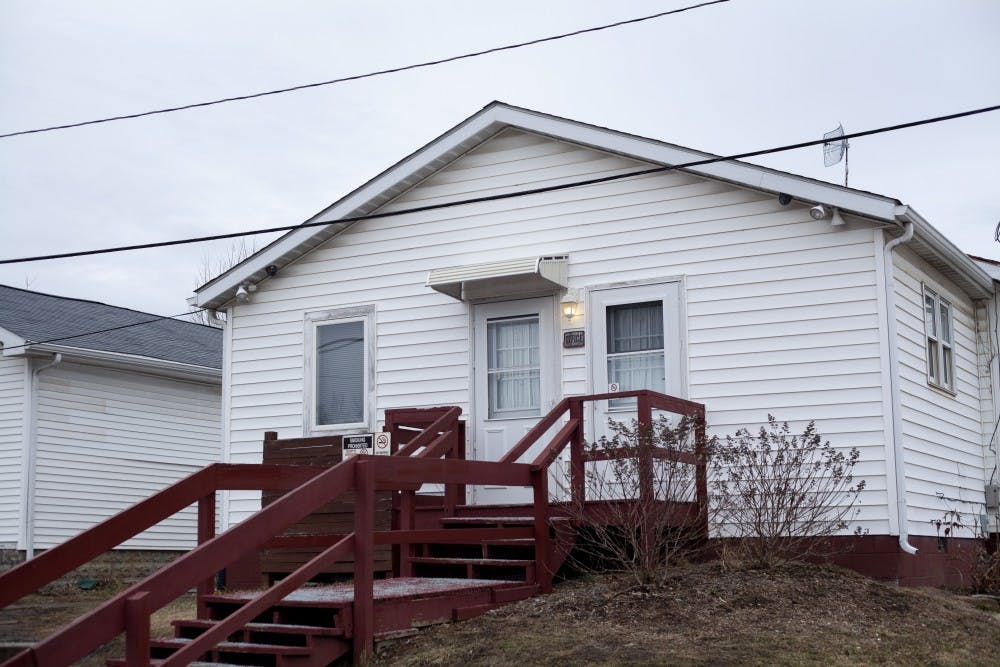Homelessness has always been a problem in the U.S., but with stagnant wages and an exceptionally inflated housing market, homelessness has been on the rise in cities across the country.
Many factors contribute to homelessness, but some of the most common are physical or mental health conditions, drug or alcohol abuse and lack of employment or affordable housing options.
In the U.S., there are about 553,000 homeless people, according to the Department of Housing and Urban Development, a quarter of which are children. Americans would expect that the government would tackle such a crisis head on, but in reality, the government does not provide much support for the homeless.
The government only provides rental assistance to about 1 in 4 extremely low-income households, and in many cities, the government criminalizes begging in public and loitering, as well as sleeping or lying down in public places.
In Atlanta, for example, cops began to enforce an archaic law which allows them to ticket those who feed the homeless. The criminalization of homelessness will never solve the crisis, and just digs a deeper hole for the homeless population.
The cause of many city ordinances that criminalize homelessness comes down to property value and keeping the streets clean, but if that is the case, this is the worst way to get the homeless off the streets.
The solution to homelessness is to simply give the homeless homes. It may sound ridiculous at first, but it is a much more economically feasible solution than current attempts at reducing homelessness.
The current cost of keeping the average homeless person on the street is about $31,065 per year, while the cost of giving them a home and supportive services is about $10,051, according to a study by the Central Florida Commission on Homelessness.
When the homeless are left on the street, they are often in and out of jails and hospitals, which cost the taxpayers thousands of dollars. Giving the homeless a place to live and services like job training and health care is much cheaper and more effective at combating the problem.
People left on the streets typically do not have the resources to get back on their feet by themselves. The type of housing that would be offered to the homeless is barebones and is enough to give them a place to live while simultaneously not disrupting the incentive structure of earning a decent home.
The U.S. Department of Veterans Affairs has already used a “housing first” initiative to combat homelessness among veterans in the country, which prioritizes giving the homeless housing first and foremost. And it has proven to be extremely effective, reducing the number of homeless veterans by 74,019 since 2008.
Homelessness is a solvable problem, and there is no reason for the country to continue down the path of neglecting and criminalizing homelessness as it only worsens conditions for the homeless population.
Doing nothing on this issue wastes more money than taking action, and it is abhorrent that this crisis is still such a big issue for American cities today.






